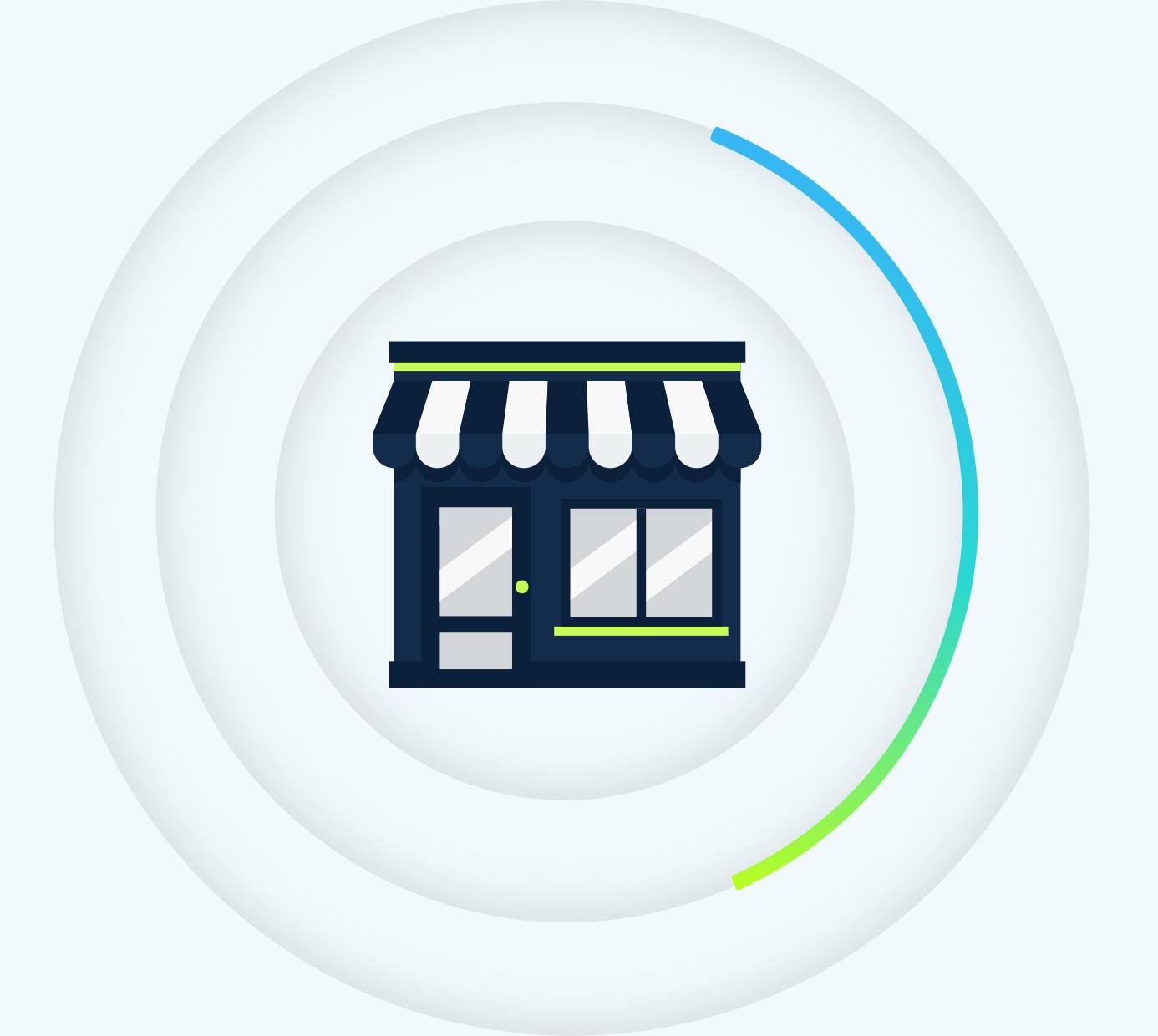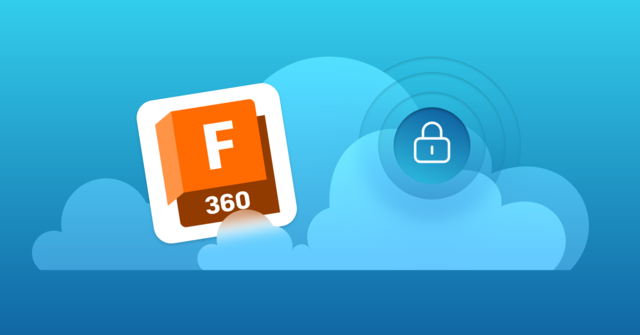
It seems like every day offers another reminder of how the threats of ransomware, hacker infiltration, and data loss can threaten the profitability and success of large-scale enterprises and small businesses alike.
In an age where data has become a target to hackers simply because of its value to you, the difference between cyber threat mitigation and disaster often relies on the security of a business cloud backup.
Unfortunately, companies too often put trust in business cloud backup systems that come up short when needed most.
How can you know your business cloud backup is secure?
5 Questions to Assess Whether Your Business Cloud Backup is Secure
The success of any business continuity or disaster recovery plan will be determined by the security and reliability of the business cloud backup. Answering these 5 questions will help give you the insight you need to determine the security of your vital data.
1. Does Your Account Require at-least Two-Factor Authentication?
Ransomware hackers not only seek to lock organizations out of their live data—they want to compromise disaster response and recovery tools as well. This means that business cloud backup solutions must be even more secure than the primary location of your data.
Even though it can add a few seconds to your login, it is becoming unfortunately easy for hackers to access systems which rely exclusively on username and password for authentication. For that reason, two-factor authentication (2FA) has become a standard of digital protection and in many places is being supplemented by additional mechanisms through multi-factor authentication implementations. 2FA is a simple additional step that adds meaningful protection to any digital account, including business cloud backup solutions. With 2FA incorporated into your business’ cloud backup, even if hackers discover an account, password protections will still remain in place on the account.Without 2FA protection, the security of your disaster recovery plan ultimately hinges on an organization’s ability to protect passwords—which, time and again, has proven difficult.
2. Are There Individual Keys Per User?
Organizations may regularly have hundreds, thousands, or millions of users creating and modifying data on their business cloud backup solutions. That makes these solutions a high value target. For that reason, it’s essential that the integrity and security of the ENTIRE system aren’t threatened when any one or more of those accounts are compromised.
Compartmentalization through use of iIndividual keys is a valuable means to ensure one hacked account won’t grant access to an entire system. With unique keys, a breach only impacts the data covered by that key and cannot grant access to additional users’ data. It’s the same reason that the key to your home only opens the doors of YOUR house. How disastrous would it be to lose a key if it also opened the doors to every other building on your block?
3. Is Encryption Comprehensive?
When data is safely encrypted, files remain unreadable to hackers seeking to view or leak sensitive business or customer information.
That’s why it’s essential that file encryption extends to each stage of the data storage cycle. Hackers seek to target data when it is most vulnerable, whether that is when live data is being prepared for backup, when it is being transmitted, or when it is at rest on the backup server.
Before investing in a cloud backup solution, make sure it’s providing you with comprehensive encryption that uses a trusted and peer-reviewed algorithm such as AES anytime it’s being stored somewhere not directly controlled by you. Remember: like any cyber defense, data backup protection is only as strong as its weakest link.
4. Is Your Data Encrypted Opaque to the Application?
Sensitive data isn’t secure, or even private, if anyone outside your organization and your established privileges can access that data. To that end, HIPAA, IPPA, NIST, FERPA, CSA, and other compliance measures require sensitive data to be protected even from your cloud backup solutions support staff.
When choosing a business cloud backup solution, it’s essential to assess whether your information will remain opaque even from the application itself—so that your privileged users alone have control and access to sensitive data. A good way to test this is to make sure that your storage provider doesn’t perform “processing” “analysis” or “data mining” on your data when it’s in their care. If you find that is the case, it’s a good clue that the provider isn’t using across-the-board encryption and that you’re not the only person with access to your data, undermining security.
The support staff of your business cloud backup solution should be there to assist with their product—but your sensitive data should remain as confidential as you, your customers’ and your organizations’ needs may require.
5. Is It Compatible With a 3-2-1 Backup Approach?
No single business backup solution, no matter how secure, should be your only source of protection. CrashPlan recommends using the 3-2-1 backup rule so that your live data has two forms of secure and reliable backup.
Compatibility with a 3-2-1 backup rule approach can mean a number of different things. But we find it helps to ask these questions:
- Is your solution providing true backup protection?
- Is it providing valuable redundancy? That is—if one copy of your data is compromised, will all other backups remain unaffected?
- Is its update process automated and easy to ensure that backups remain consistently up-to-date?
CrashPlan: Endpoint Backup Solutions for Business Cloud Backup
CrashPlan is committed to helping businesses put an end to the loss of time, money, and effort due to ransomware and data loss.
CrashPlan’s endpoint backup solutions are equipped with the highest levels of digital security, including comprehensive AES-225 Block encryption, to ensure your sensitive data remains protected and accessible only to privileged users.With CrashPlan, retain complete control over your data and trust that your backup remains secure. Looking to learn more? Start a free trial, or reach out to our data backup experts today.






